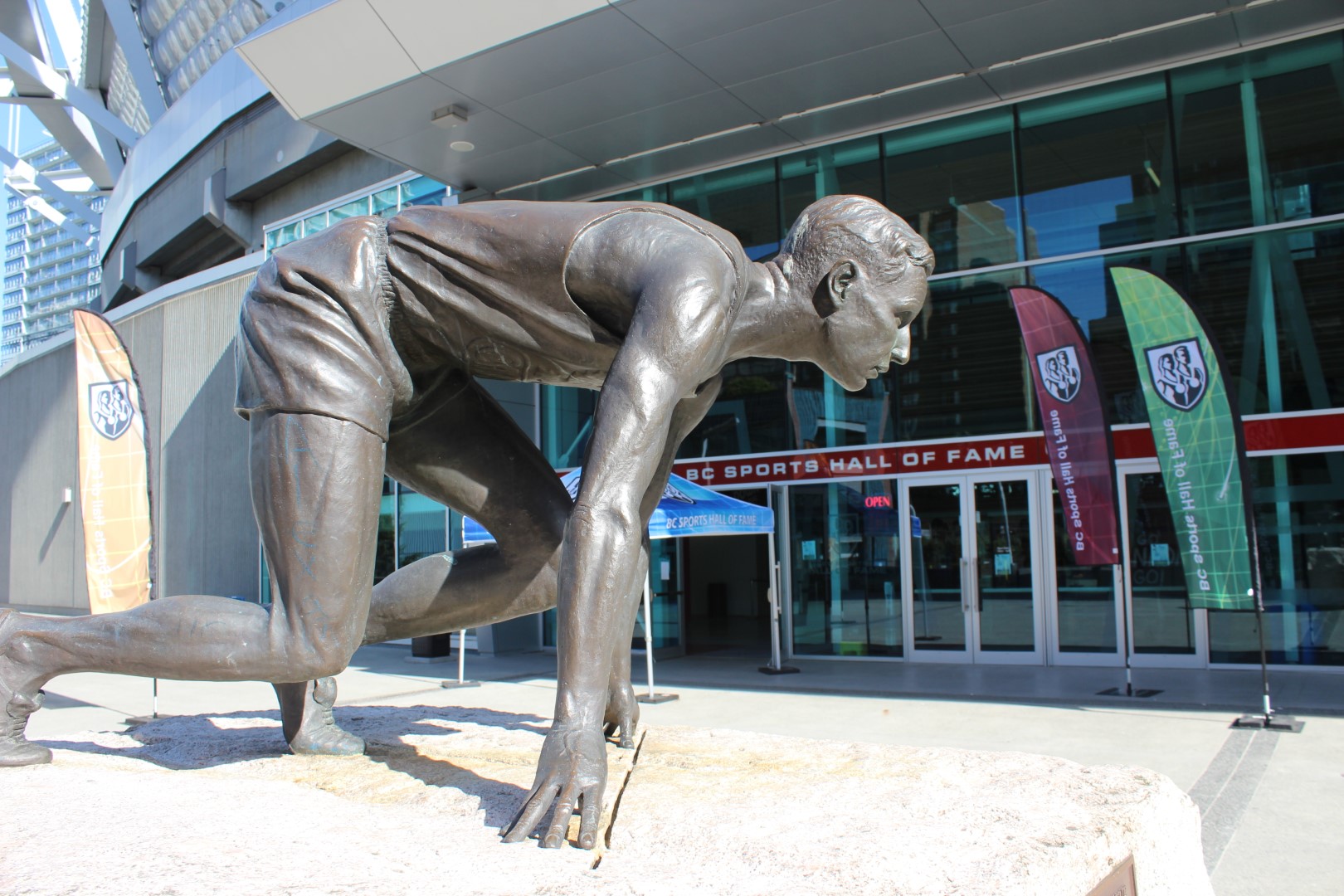
The technique of a 1500 year old competition
By Cazzy Lewchuk, Staff Writer
It was first played in India during the 6th century, spreading across the Middle East and eventually worldwide by the 1600s. By the 19th century, entire clubs, journals, teams, and even inter-city competitions were abundant in its practice. Today, the competition is still thoroughly analyzed, studied, and battled by millions of people around the world every day. Many educational institutions—from elementary to postsecondary—have teams that compete will even compete internationally. A couple thousand people are even skilled enough to be full-time professionals.
Its mechanics, strategy, and skill require combinations of prowess, agility, and intellectual analysis. The game of chess is a competition that takes perhaps 15 minutes to learn and a lifetime to fully master. Debate about whether it can be really considered a “sport” continues amongst the media and even its own professionals to this day. Is this mentally (and often physically) straining activity really sporting, or merely a game? Can Magnus Carlsen, Garry Kasparov, and Bobby Fischer—each repeat professionals and World Champions in chess—be considered great athletes, or simply geniuses in a popular activity?
The world’s largest organization of sports, SportAccord, which encompasses virtually all of the world representatives of popular sports, defines “sport” as “having an element of competition, not relying on luck, not be harmful to any living creature, and not reliant on equipment by a single supplier.” By this definition, chess is absolutely a sport. In fact, the World Chess Federation is a fully recognized as a member of SportAccord. Chess is also recognized as a sport by other international athletics organizations such as the Asian Games and even the International Olympic Committee.
While being physically fit and skilled is not a requirement to play the game well, it absolutely helps. Virtually all chess tournaments are timed, and many matches between skilled players can last several hours. Energy is quickly drained, tiring a player not only mentally but physically as well. As with any “sport” or strenuous activity, proper nutrition and good health can make a drastic difference in skill and gameplay.
However, physical effort can be avoided altogether in chess. It is a game that can be played entirely inside the mind. Its allows some players to play without the need for a board and pieces, provided they keep track of the positions. Computer/artificial intelligence chess occurs at every level of play, including instances of defeating a reigning World Champion. The mental taxation in chess in inevitable, but its physical limitations can be worked around.
Ultimately, the consensus of whether chess is a sport will never be fully settled. It’s a competition between (mostly) human players that relies on skill, strategy, and continuous practice. Perhaps its ultimate definition is irrelevant.

